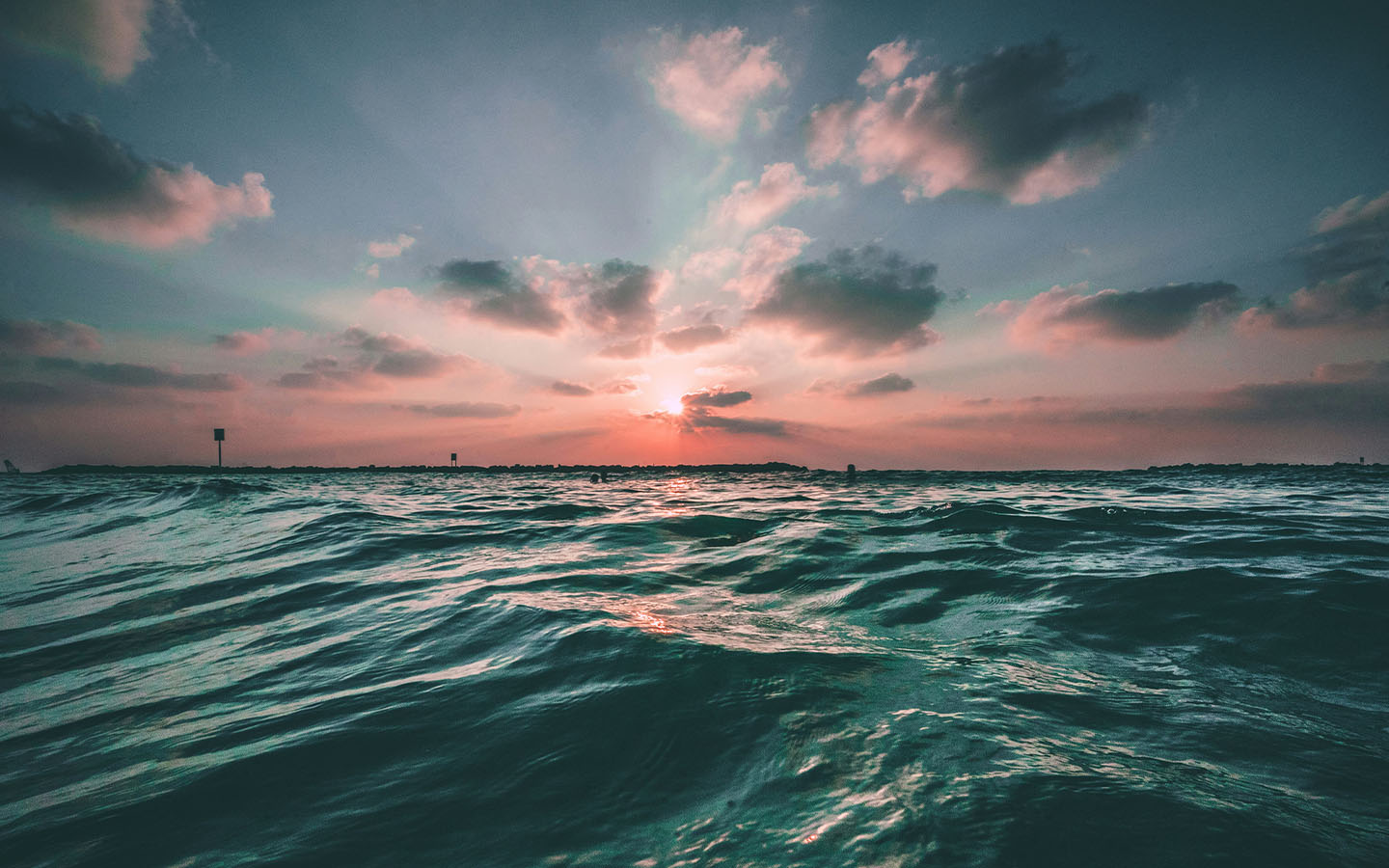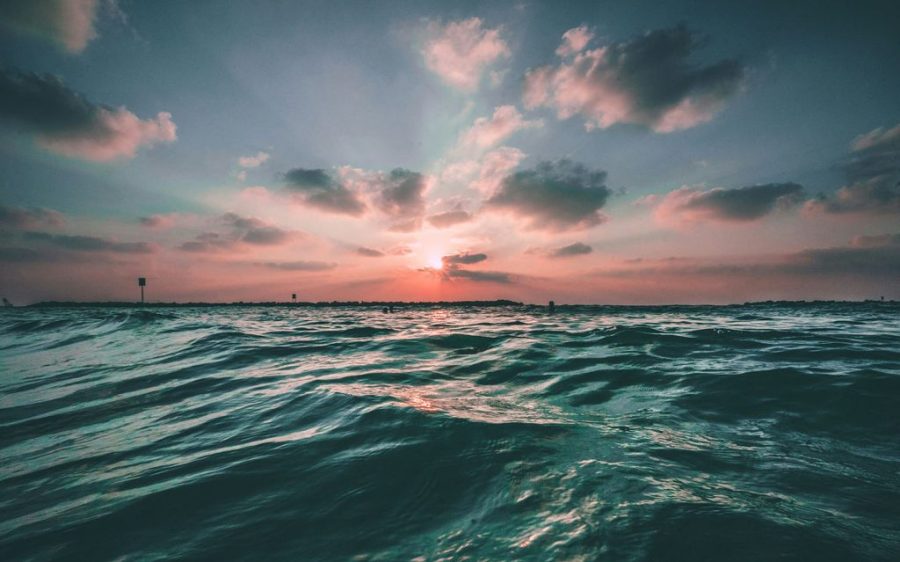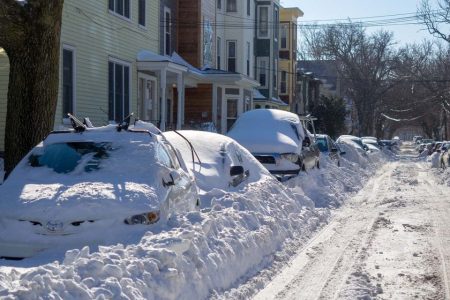UN Secretary-General António Guterres has reiterated his call for governments to step up climate actions as two new reports reveal the incredible threat of rising sea levels, particularly to vulnerable island nations in the South Pacific.
Speaking from the Tongan capital of Nuku’alofa on Tuesday, Guterres stressed that global sea levels are rising at rates unprecedented in the past 3,000 years. “The reason is clear: greenhouse gases – overwhelmingly generated by burning fossil fuels – are cooking our planet. And the sea is taking the heat – literally.” More than 90 percent of global heating in the last 50 years has been absorbed by the world’s oceans and as water heats, it expands. Add in the melting glaciers and ice sheets, and sea-level rise is inevitable.
Guterres warned that this crisis will soon reach an “almost unimaginable scale” but that, by saving the Pacific, “we also save ourselves.” He implored the world to act before it is too late.
[See more: Warming temperatures could soon cost the global economy US$38 trillion a year]
Two papers published the same day – “State of the Climate in the South West Pacific” from the World Meteorological Organization and “Surging Seas in a Warming World” from the UN Climate Action Team – underscore just how pressing the need is to curb warming while we still can. They outline how monthly sea temperatures continue to shatter records, and marine heatwaves have intensified and lengthened, doubling in frequency since 1980. Rising seas are also increasing the frequency and severity of storm surges and coastal flooding.
Island nations in the Southwest Pacific are particularly vulnerable, seeing sea-level rise in some places more than double the global average in the last 30 years. With an average elevation just 1-2 metres above sea level and around 90 percent of people living within 5 kilometres of the coasts, the threat could not be more dire. The world is currently on a trajectory to see a 3°C temperature rise over pre-industrial levels, which would be catastrophic for the world – devastating fishing, tourism and the blue economy, and displacing roughly a billion people living in coastal areas, including in megacities like Dhaka, Los Angeles, Mumbai, Lagos and Shanghai.
Guterres urged governments to get back on track to phasing out fossil fuels, tripling renewables capacity, doubling energy efficiency and ending deforestation by 2030. He also reminded leaders of their commitment to aid nations like Tonga, who did the least to cause climate change but stand to suffer the most.






